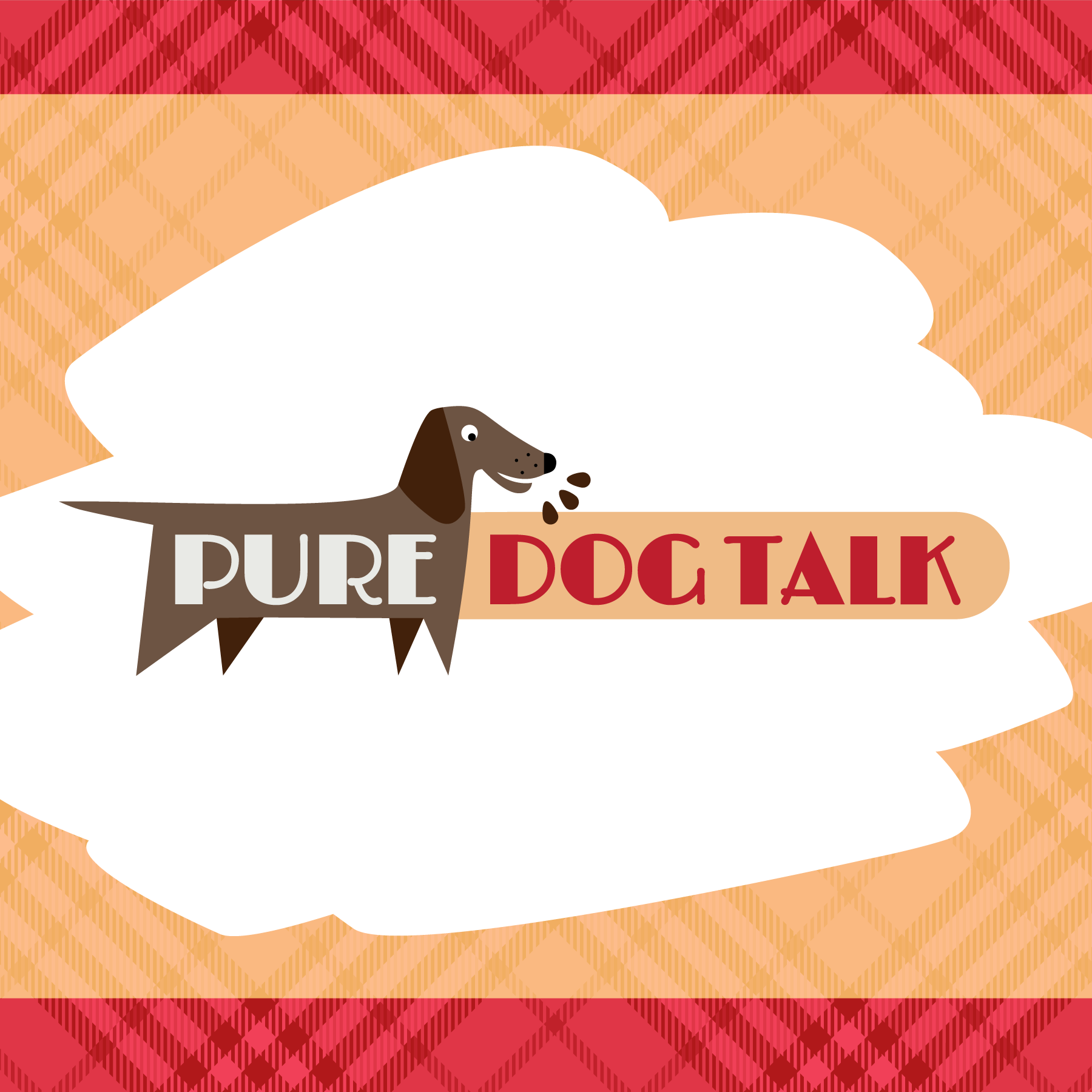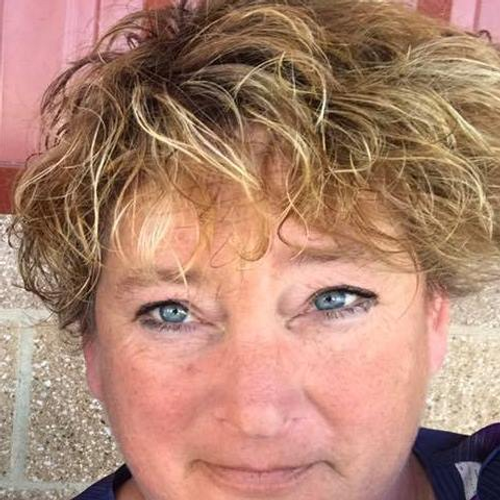Breeding Dogs Around Diseases that Don’t Have a “Test”
Host Laura Reeves is joined for part two of her impactful conversation with Aimée Llewellyn-Zaidi, Project Director, IPFD Harmonization of Genetic Testing for Dogs at
International Partnership for Dogs.
Today’s conversation covers some of the biggest hot button diseases impacting all dogs – seizure disorders, cancer, bloat and other life-threatening issues.
Llewellyn-Zaidi offers insight, information and details about new tests coming online and the ways we can minimize risk while working with small gene pools.
“(S)ome cancers are just kind of part of dogs, just being a dog. Or sometimes they're part of being a type of a dog, like some types of dogs are more likely to be at risk than others, whether it's size -related or maybe they're a herding breed, and it's just at some point in ancient times, (when we) started dividing out into generalized proto-breeds, when we started having our wolfie looking ones and spitzy -looking ones, and we started having our molosser looking ones, and we started having our retrieving looking ones. Before they were such distinctive breeds, there would have already been selection causing inbreeding and increasing some genetic duplication to get those desirable traits.
“And you may bring some things along with that. So some of these cancers are not specific, necessarily, to your breed and they're just specific to that type of dog.
“With cancers there are two cancer tests that are available to all dog breeds or all dog types. There is something called a C -kit somatic mutation for mast cell tumors. All of this is on
www.dogwellnet.com so you can check it out. And there's also the BRAF mutation, so invasive transitional cell carcinoma. That's for all dogs as well. And for my dear beloved Bernese people, there's histiocytic malignancy that's available as a genetic test as well.
“So for some of these specific cancers and specific epilepsies, there are genetic tests available that you can use to help you maybe make some decisions or at least to eliminate what might else be going on, right? So you know if you're not quite sure what kind of a cancer it is, the genetic test might help give you some information on that.
“All of this really comes down to how risky do you feel? We can rebuild any breed from scratch if we needed to. It would just take a lot of time and a lot of effort and a lot of consideration. So in some ways, being very radical, and I'm setting health and welfare aside for just a second, being very radical, it's kind of up to a breed to make a choice. Do you want to keep breeding to your breed standard until you reach a point of too much poor health and inbreeding depression and then you start again?
“Or do you want to try to conserve and maintain kind of where you are now? Or do you want to try to improve or expand your genetic diversity from where you are now?
“And all three of those kind of philosophies are acceptable, assuming you're keeping at least welfare in mind. And all three of those philosophies probably will fit all the different kinds of breeds in their unique situations.
“Followed very closely by conserving that breed type or those breed qualities that are important to you, right? That's the point. That's the point and the pleasure and the art side, right?
“So if you're keeping in the back of your mind those chess moves, whether it's ‘I'm gonna use this type for a couple of times because I really like that or I want to introduce that and then I'm gonna have a couple of litters where I go out and just kind of rebuild that diversity and then maybe go back to that type I happened to like,’ that's how you kind of weave through the genetic variation that you have within your breed population.
“You probably can't do that forever unless you're very, very lucky as a breed, like you can't do that forever, but you can probably do that for quite a long time.”

